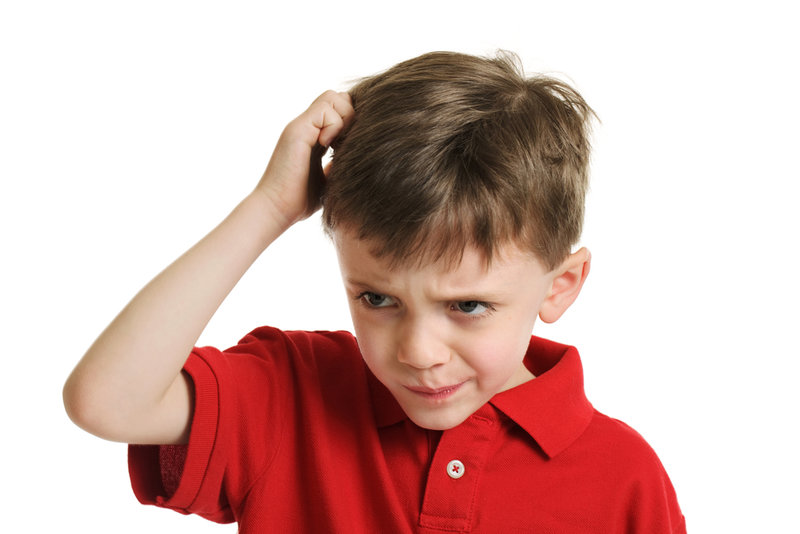
Sarcasm may go hand in hand with empathy, at least in kids just learning to pick up on the practice, new research suggests.
Children who are more empathetic are much better at detecting simple sarcasm than their less empathetic peers, according to a study published today (Oct. 8) in the journal Frontiers in Psychology.
That may be because empathetic children are better at reading others' intentions.
"For children to be able to cope with that they have to learn that you have to essentially ignore the literal meaning of their words and have to get inside the speakers' heads and say, 'What do they really think about this?' To do that seems to require empathy skills," said study co-author Penny Pexman, a psychologist at the University of Calgary in Canada. [5 Ways to Foster Self-Compassion in Your Child]
Sarcasm develops
People in almost every culture, from the ancient Greeks to the dry-witted British, express sarcasm in some form. Some researchers even believe the ability to detect sarcasm conferred an important evolutionary advantage on human ancestors.
Yet sarcasm is often lost on children.
Sign up for the Live Science daily newsletter now
Get the world’s most fascinating discoveries delivered straight to your inbox.
"Sarcasm is a real puzzle for children, because the speaker is deliberately being false. They're deliberately saying the opposite of what they mean," Pexman told LiveScience.
By about 5 or 6 years old, kids may just start to grasp very obvious forms of sarcasm, such as the grouchy older brother who says "thanks a lot!" when he's actually annoyed.
But more sophisticated forms of sarcasm, such as irony, understatement and false merriment, are often lost on youngsters until adolescence, Pexman said. And people with autism may struggle with sarcasm into adulthood.
Snowboarding fail
Pexman and her colleagues showed 31 children between ages 8 and 9 a simple puppet show, where a snowboarding puppet falls on his face after attempting a move. A bystander puppet then compliments that virtuoso performance by saying "that was so good." (For the sarcasm-challenged, the comment was not actually a compliment.)
The little viewers then voted on whether the comment was mean or complimentary.
Separately, the children's caregivers had filled out a questionnaire to assess the youngster's level of empathy, rating statements such as "To what extent is your child visibly upset when he or she sees other people upset?"
Children's empathy scores correlated with their ability to read sarcasm in the bystander puppet's snide compliment.
"The more empathetic children were twice as accurate as the children who were less empathetic," Pexman said.
Empathetic children, Pexman hypothesizes, can better enter the minds of others, to read their underlying intentions even when those intentions are obscured.
Children may also develop their nose for sarcasm in other ways: Having sarcastic parents may help clue children into the tone at a younger age. And children who spend a lot of time around adults, such as older or only children, also pick up sarcasm sooner, Pexman said.
Follow Tia Ghose on Twitter and Google+. Follow LiveScience @livescience, Facebook & Google+. Original article on LiveScience.

Tia is the managing editor and was previously a senior writer for Live Science. Her work has appeared in Scientific American, Wired.com and other outlets. She holds a master's degree in bioengineering from the University of Washington, a graduate certificate in science writing from UC Santa Cruz and a bachelor's degree in mechanical engineering from the University of Texas at Austin. Tia was part of a team at the Milwaukee Journal Sentinel that published the Empty Cradles series on preterm births, which won multiple awards, including the 2012 Casey Medal for Meritorious Journalism.









